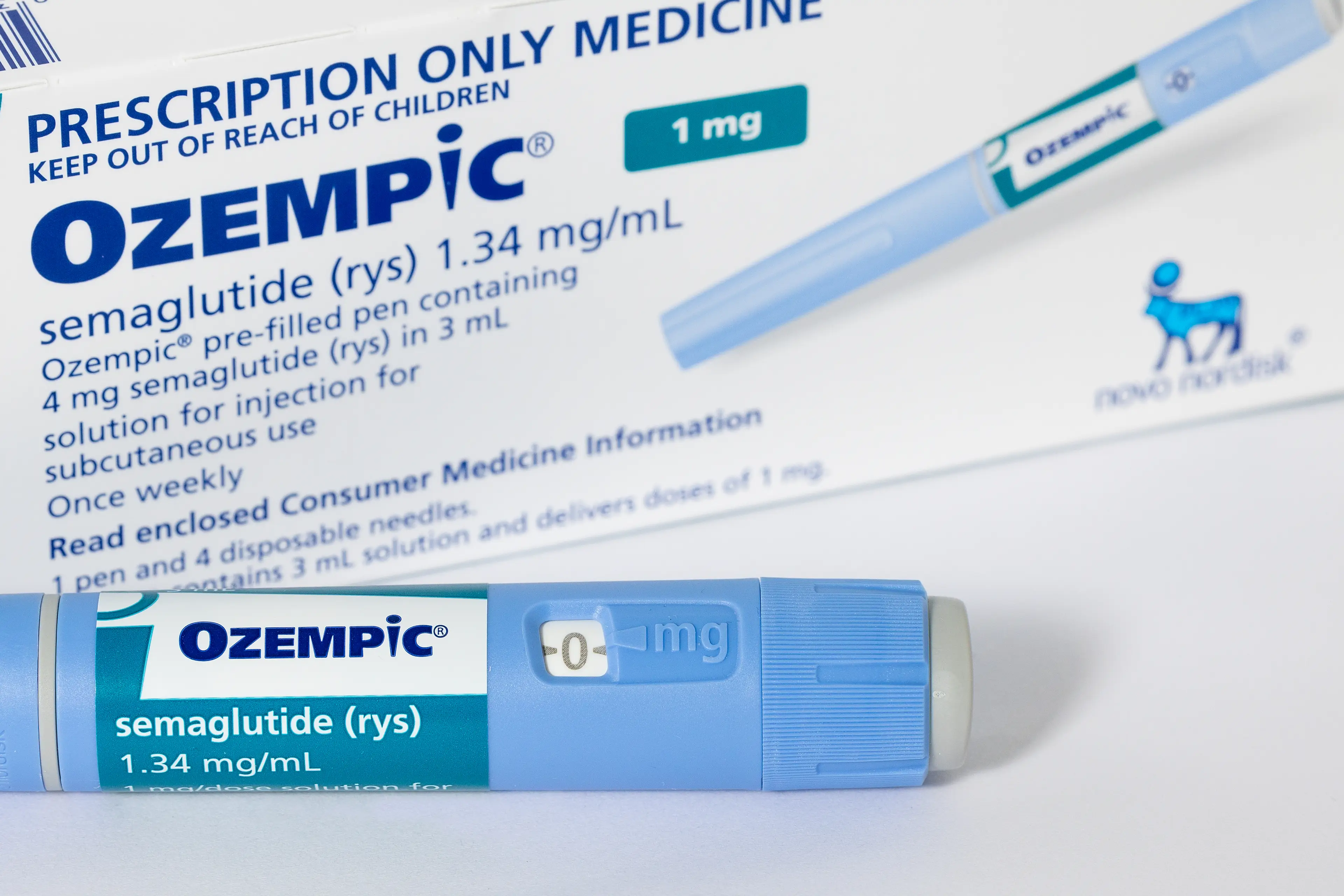
It's starting to feel like each week a new celebrity comes forward to admit they've used 'weight loss' drug Ozempic.
This week, however, one medic has issued a stark warning about an often overlooked side effect of the injection as the drug continues to surge in popularity.
For those out of the loop, Ozempic is primarily used as a means of managing the effects of Type II diabetes.

Advert
The drug triggers a loss of appetite as it contains semaglutide, which helps control your blood sugar.
However, several celebrities have admitted to administering the drug in an attempt to shed a few pounds, including both Sharon Osbourne, Oprah Winfrey and Rebel Wilson.
More recently, talk-show host James Corden admitted to taking the drug in a bid to lose weight, but claimed it 'didn't work' as it didn't address his long-standing relationship with food.
Apparently, however, there's one side effect of the drug which is commonly being referred to as 'Ozempic face'.
Speaking exclusively to Tyla this week, Claire Merrifield - a GP who also works as a Medical Director at Selph - issued a stark warning about salons wrongfully offering the drug out to patients.

"It gives the message that the drug is totally safe and probably promotes its use among people who don’t need it," she explained.
"Any drug you take has a potential benefit and a potential risk and healthcare professionals have trained for many years to explain this to people so they can make an informed decision about whether it is right for them."
And speaking directly about the effects on facial fat, Dr Merrifield admitted: "I would doubt that many beauty salons would warn you about the risk of 'Ozempic face' or facial ageing from rapid weight loss, as this is not likely to make you look better."
According to experts at Medical World Today, it is the speed in which weight can shift that triggers the appearance of 'Ozempic face'.
"Facial fat serves a protective function and affects facial aesthetics and elasticity," they explained.
"Weight loss can cause dermatological changes and shrinking because the fat that stretches and cushions the skin is no longer in place.

"The skin of the face also loses its ability to retract after an episode of rapid weight loss due to reduced levels of elastin and collagen, which are essential for structural integrity."
This can cause facial skin to appear aged, wrinkled, loose or hollowed-out.
Dr Merrifield also emphasised another risk of taking the drug without proper medical assistance, explaining that any weight loss will likely return once the user stops taking it.
"Your appetite will come straight back and unless you’ve been supported to make lifestyle changes while you’re on the medication to reset your relationship with food and eating, the likelihood is you’ll put the weight straight back on," she said.
"We also still don’t know what the long-term effects of this medication are so this should be explained to people before they start taking it."